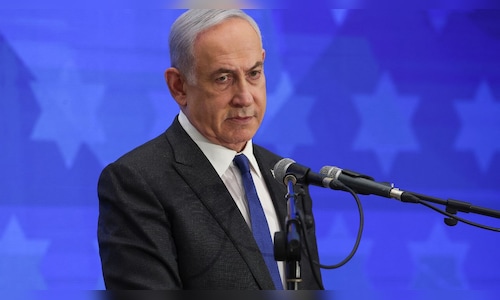
However, Fabian noted, “He will not be going to any of the 124 member states, which have signed the Rome Statute, that would include the European Union and many other countries. So his travel will be limited, and also Israel’s international standing has been undermined further.” Despite these limitations, Fabian believes the warrant will not affect Netanyahu’s actions.
The ICC issued arrest warrants for Netanyahu, former Israeli defence minister Yoav Gallant, and Hamas leader Ibrahim Al-Masri, accusing them of using starvation as a method of warfare—a recognised war crime. The Israeli government dismissed the move as “anti-Semitic,” vowing to resist international pressure. Netanyahu’s office reaffirmed its commitment to defending its citizens, while the United States also rejected the ICC’s decision, highlighting its unwavering support for Israel.
Fabian criticised the US stance on the ICC, pointing out its inconsistency. “The message that the US is sending out is that it wants to be inconsistent,” he said. “The US is not a signatory to the Rome Statute… but when the ICC issued an arrest warrant against President Putin, Washington was very pleased. So, the US does not want to be consistent, and its support for Israel is rock solid or iron-clad as Biden likes to put it.”
On India’s response, Fabian predicted a neutral approach, noting that India is not a signatory to the Rome Statute and thus not a party to the ICC. “India also is not a signatory… I don’t expect India to comment,” he said.
Meanwhile, Palestine welcomed the decision, asserting it restores hope in international law.
ALSO READ: Ireland prepared to arrest Netanyahu following ICC warrant, says PM



